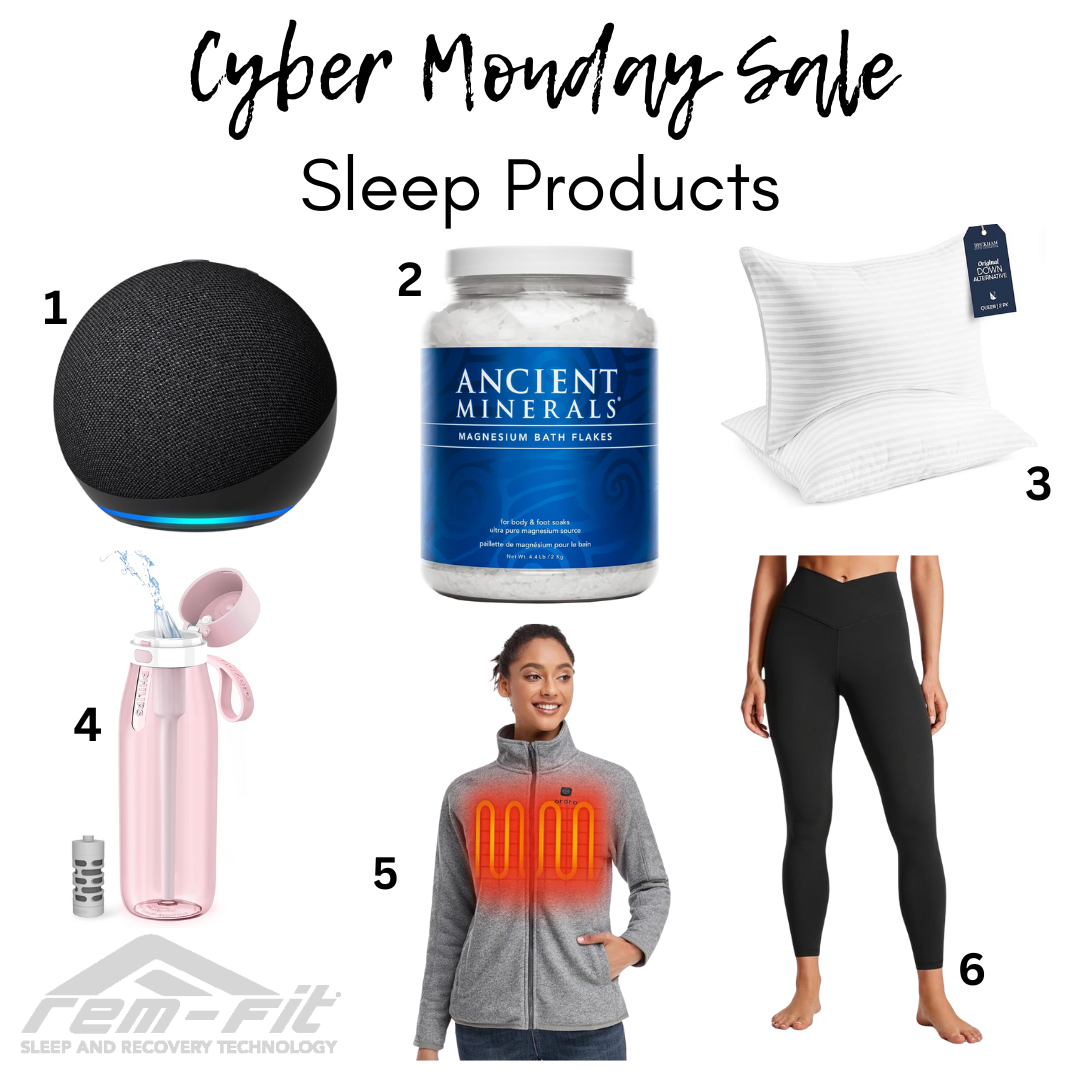
Alcohol and Sleep. Truth on the Rocks
Alcohol and Melatonin, Rest, Recovery and More.
For many, one of the best ways to wind down after a long day is to grab a cold one. Alcohol offers a sedating, pleasant effect that can alleviate stressors when used responsibly. Science has proven its ability to aid faster sleep. Don’t confuse falling asleep quickly with better sleep, though. What are the true effects of booze on our nighttime restoration? How can we enjoy alcohol without ruining our sleep quality? And if we're taking sleep supplements, like melatonin, how does alcohol
What booze does to your body when you sleep
Studies show that drinking moderately up to six hours before bed can reduce late-stage sleep quality. That means even a few happy hour drinks can still destroy your sleep regulation. It doesn’t mean you’re not allowed to have fun, but it’s better to stay informed about maximizing your chances of rest.
Alcohol can help you fall asleep faster
Having a drink before bed has been linked to falling asleep more quickly. Alcohol increases adenosine in the brain (the same chemical that caffeine clears to help you feel more awake), causing drowsiness. Therefore, it makes sense that we reach for a glass of wine in the evening like our morning cup of coffee. Unfortunately, artificial production of adenosine leads to wakefulness later in the night.
Alcohol consumption disrupts natural sleeping brain waves
Brain activity during alcohol-induced sleep puts you at odds with restorative, deep slumber. Drinking before bed turns on alpha waves, which fight with slow-wave delta activity to keep you awake. When you can’t reach slow-wave sleep efficiently, you miss out on recovery and benefits of normal sleep.
Your liver works overtime during the night to breakdown alcohol
Hepatic clearing rate is the same regardless of alcoholic content in the body. AKA the more alcohol you drink, the longer it takes to sober up. This metabolic action in the liver interrupts the body’s ability to use energy on other restorative processes. Alcoholic metabolism requires constant substrate regeneration from your mitochondria. All of this overtime work in your cells and the liver takes away from the night’s focus on recovery.
Alcohol prevents the brain from resting
Alcohol affects histamine metabolism, an amino acid critical to regulating the sleep-waking cycle, as they share similar metabolic pathways. When alcohol is present in the body, competing resources lead to minimal effects on histamine clearance.
Administering extra histamine to subjects increased wakefulness while decreasing it promoted sleep. Neurons regulating histamine have been shown to cease activity during REM sleep. Drinking alcohol before bed counteracts the natural histamine reduction and stimulates wakeful activity.
Alcohol and melatonin
If you're spending money on sleep supplements like melatonin, forget about taking them on nights when you drink. Alcohol counteracts many of the benefits of melatonin, inhibiting both help it provides in getting to rest, and the REM state while you sleep.
Booze decreases overall REM sleep
Even if you stick to one glass at night, all doses of alcohol both aid sleep-onset and disrupt later sleep stages. Rapid dozing followed by waking soon after significantly delays the first REM stage of sleep. Total REM sleep percentage decreased heavily at larger alcohol consumption. Erratic sleep patterns, even those with slow wave sleep, interrupt the natural progression of sleep. Stick to water at night if you’re concerned about hacking your sleep stages for performance.
Final Thoughts
If you’re going to have a drink but want to sleep well, stick to one or two with lower alcoholic content. Keep drinking water throughout the night, and sober up multiple hours before bedtime.
Kimber Rozier, CSCS
Also in Blog

Cyber Monday Sleep Deals

Turkey and Cranberry Quesadilla's: Promote Sleep and Use Leftovers!
Turkey has long been known to help you feel sleepy, thanks to it containing tryptophan. If you have extra turkey and are looking for a quick dinner to help you feel sleepy tonight, try this quesadilla!


